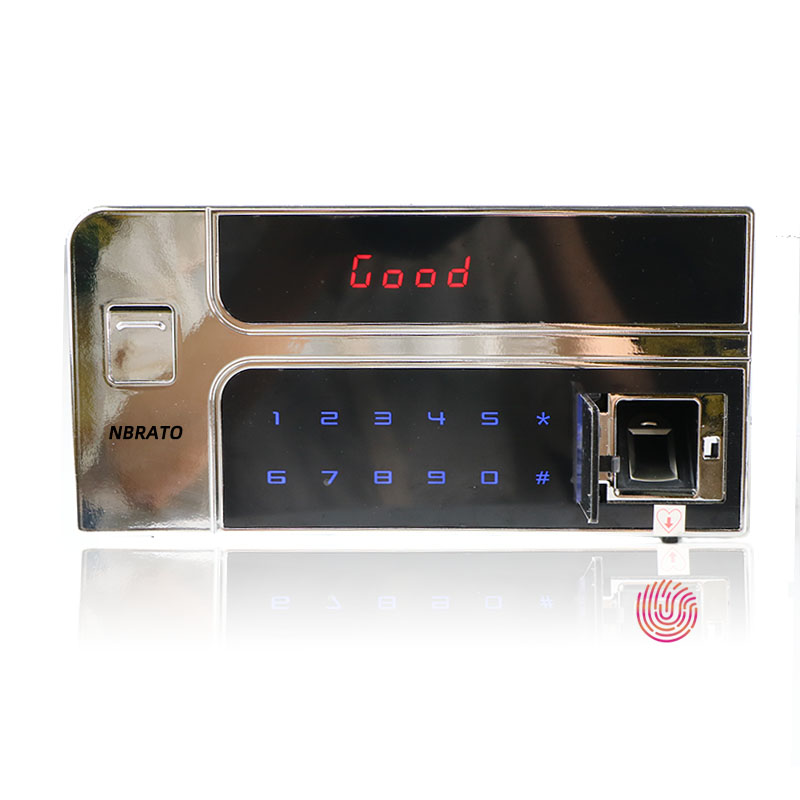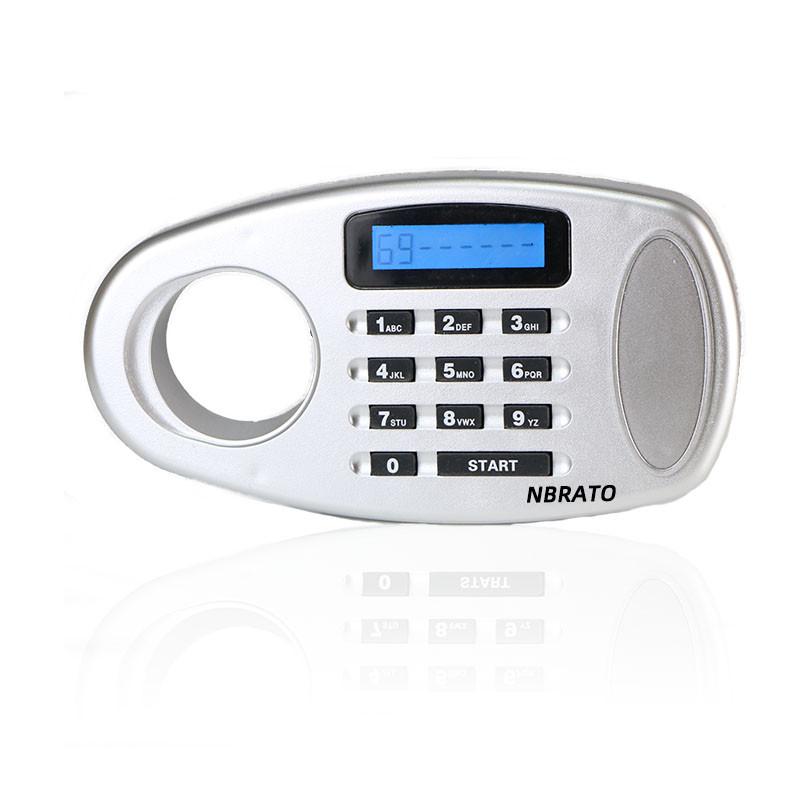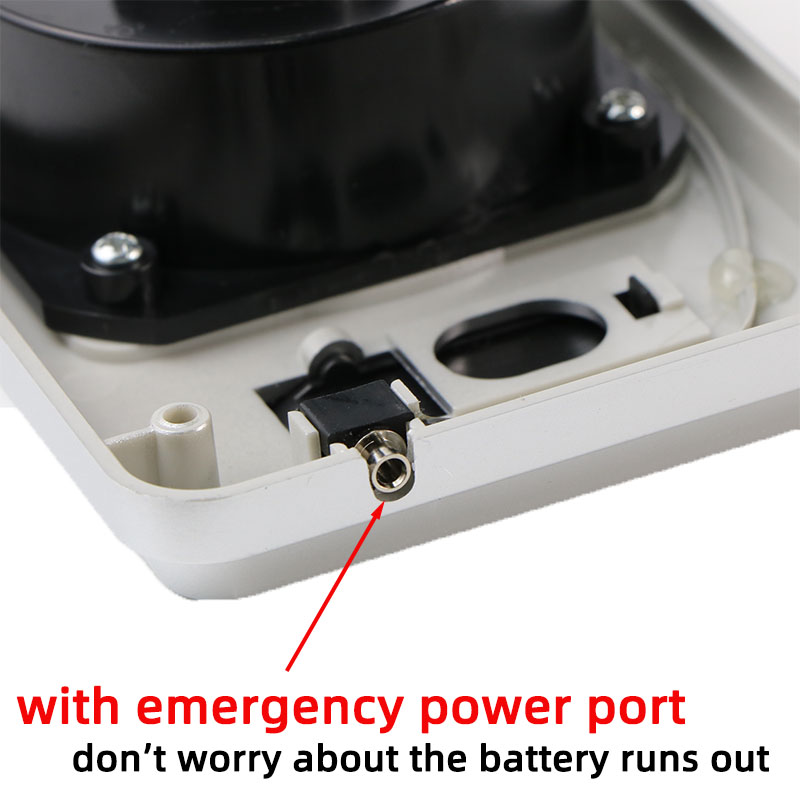We live in a digital age where many traditional tools and systems have been replaced with digital counterparts, offering enhanced convenience and efficiency. One such device is the digital safe.
Digital safes, also known as electronic safes, are security boxes operated by electronic lock systems. Unlike traditional safes, they don't require a physical key. Instead, they use a digital keypad or biometric identification like fingerprints.

Digital safes work on the principle of electronic circuits. Upon entering the correct code or presenting the appropriate biometric data, the circuit sends a signal to the locking mechanism to unlock.
There are several types of digital safes available, with varying features and levels of security. Some use numerical keypads, while others use biometrics like fingerprints, retina scans, or facial recognition.
Digital safes offer several advantages that make them an appealing option for many individuals and businesses.
The security code or biometric data adds an additional layer of security. It's difficult for intruders to crack the code or duplicate biometric data.
Digital safes provide quick and easy access. There's no need to keep track of a physical key, which can be misplaced or stolen.
Digital safes allow for multiple user codes, making it easier for businesses or families to access the safe while maintaining security.
Despite their many advantages, digital safes do have certain drawbacks that are worth considering.
Most digital safes require electricity to function. This could pose a problem during power outages, although many models have battery backups.

Like any digital device, digital safes are susceptible to hacking. Sophisticated criminals might be able to crack the electronic system.
Fortunately, there are steps you can take to make your digital safe even more secure.
Keep the software of your digital safe up-to-date to protect against the latest hacking threats.
Consider using two-factor authentication, such as a code and a fingerprint, for added security.
Choosing the right digital safe depends on your specific needs. Consider factors such as size, type of lock, fire and water resistance, and the level of security required.
So, is a digital safe safe? Absolutely - if used correctly. While they have potential vulnerabilities, the benefits they offer in terms of convenience, flexibility, and enhanced security make them a valuable tool for safeguarding valuables. By taking a few extra precautions, you can ensure that your digital safe provides the reliable protection you need.
Are digital safes as secure as traditional ones?
Yes, if not more so, provided they're used correctly and additional precautions are taken.
What happens to a digital safe during a power outage?
Most digital safes have battery backups to ensure they can still function during power outages.
Can digital safes be hacked?
While it's possible, it's not easy. Regular software updates and two-factor authentication can provide extra security.
What should I consider when buying a digital safe?
Consider factors like size, lock type, fire and water resistance, and security level required.
Can multiple people access a digital safe?
Yes, most digital safes allow for multiple user codes, making shared access easy.
